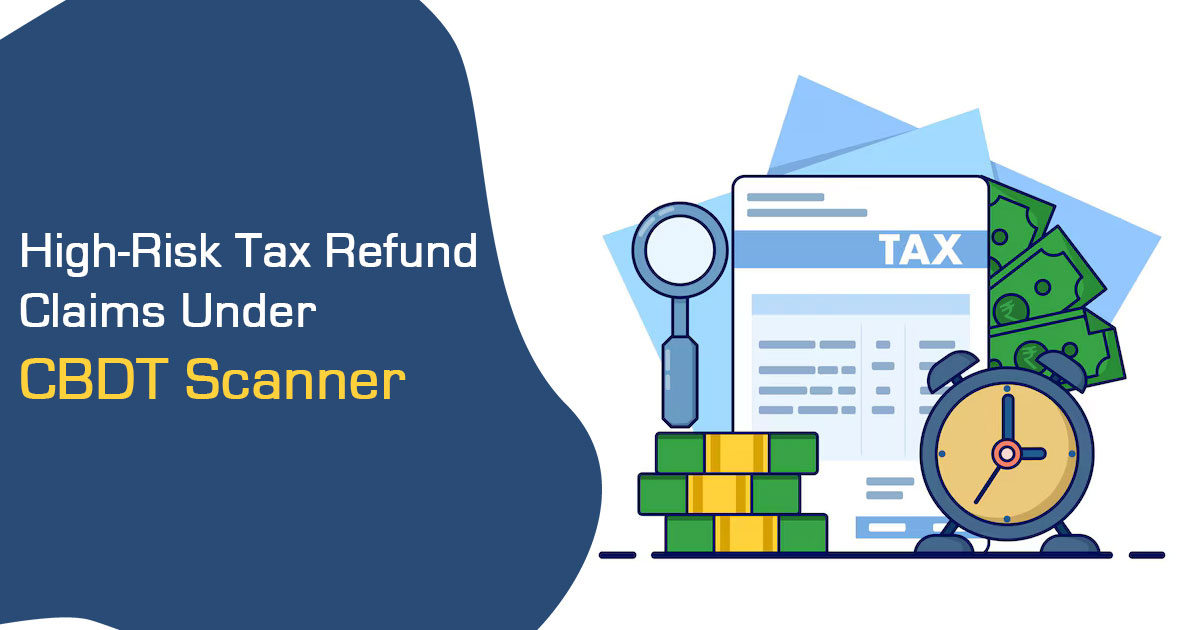
There shall be a systematic verification of high-risk refund claims in income tax returns for the AY 2024-25 (financial year ending March 31, 2024), following a standard operating procedure (SOP). the purpose is to find out if the wrong refund claim has been incurred in an organized way or via a single person.
As per the government official if numerous IT returns have been furnished via common email and there is a clear mark of false claims such as false house rent allowance, bogus donations falsely illustrated as eligible for deduction u/s 80G, or inflated expenses – further verification and investigation is directed.
The Income Tax Systems Directorate, part of the finance ministry, has released standard operating procedures for managing ‘high-risk’ income tax refund situations. These have been disseminated to concerned assessing officers, TDS charge officers, and officials in the investigation wing.
For example, the instruction of the SOP sent before the investigation wing official mentioned that earlier there were false refunds notified and has been asserted via distinct means like incorrect TDS credits claims, underreporting of income, overstating of deductions, claim of bogus expenses, etc. The flagged matters based on specific rules along with the suspicious clusters of returns filed via a common email, have been forwarded to nodal officers at the Central Registry Unit for further action.
The SOP asks officials concerned to first ascertain the identity of the key person linked with the common email through the internal databases available – like the Insight portal, e-filing portal, etc. If the same fails, notices can be allocated u/s 131 (1A) to the pertinent taxpayers, demanding information and supporting documents to confirm claims associated with exemptions, deductions, and expenses.
The government official mentioned that the goal is not to harass the assessees. If the claims are real then the case is closed. If not then the subsequent investigation as per standard operating procedure (SOP) will proceed.